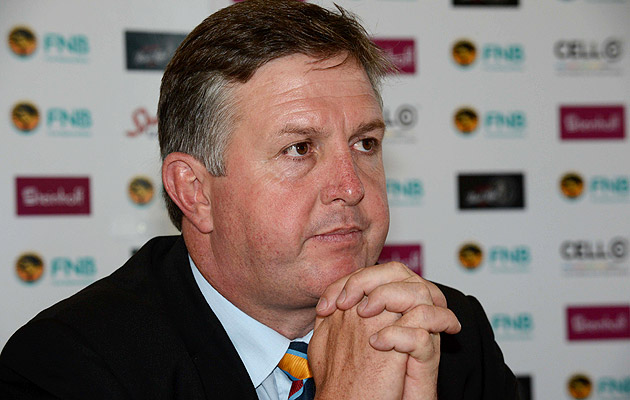White card: The success story
The white card initiative is making an impressive impact in overturning foul play, as nearly half of the referrals in this year's Varsity Cup matches have been successful.
White cards, which allow teams to challenge the referee during a break in play if they feel a wrong call has been made, can be used twice in a match by each team – once in each half and the success rate has been 41.18 percent thus far.
Of the successful white cards used, 57 percent have overturned a foul play decision, meaning that dangerous and early tackles are being clamped down on thanks to the use of technology.
The white card, which was first used during the inaugural season in 2008, made a comeback this year (2015) and is endorsed by the South African Rugby Union as well as Andre Watson, SARU's General Manager Referees
Varsity Cup prides itself on innovation and CEO of Varsity Sports, Duitser Bosman, believes that the use of technology in sport is a good thing.
 "Look at the way the decision review system in cricket has changed and progressed over the last few years." Bosman said.
"Look at the way the decision review system in cricket has changed and progressed over the last few years." Bosman said.
"Something like the white card has a long way to go but we have to remember that this is a system nobody has used before, so it will take time for players to understand it," he added.
One downside of the white card is the time it takes out of the game, which can disrupt the flow of the game, but it's something that Bosman believes will get better the more the system is used.
The average time it has taken for a referral to be made is just under two minutes, compared to the one minute 29 seconds for referee referrals.
It is, however, important to consider the nature of decisions being referred – with a large number relating to foul play, it's natural that these decisions will take longer.
"The more the system is used, the easier it will get for players to know when to use it and when not to use it. We all want to see the correct decision at the end of the day, and it's clear that the system does work," he added.















































